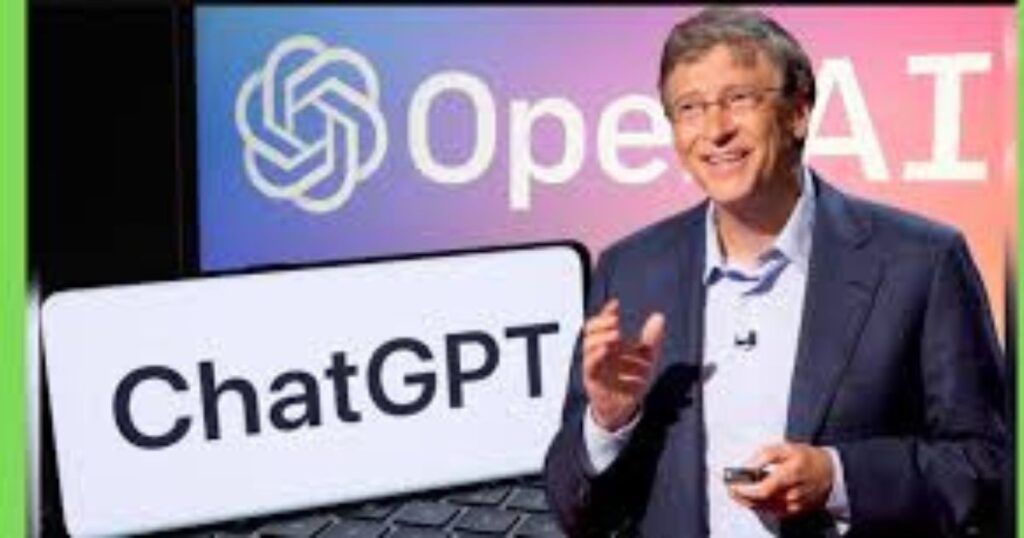In a bold and thought-provoking prediction, Microsoft co-founder Bill Gates says the five-day workweek could soon become obsolete. Thanks to advancements in artificial intelligence — particularly Artificial General Intelligence (AGI) — Gates believes a two- or three-day work schedule will be the new norm within a decade.
Speaking on The Tonight Show Starring Jimmy Fallon, Gates described a future where AI performs the majority of tasks currently handled by humans. This, he suggests, will free people from traditional 9-to-5 jobs, enabling more time for personal growth, creativity, and rest.
From 40 Hours to Freedom: Work-Life Revolution Incoming
The standard 40-hour workweek has long been a pillar of industrial and corporate life. But as AI begins to outperform human capabilities across sectors — including manufacturing, education, logistics, and healthcare — Gates believes that fewer working hours will become feasible and necessary.
“This could be a profound change,” Gates noted, adding that AI could help fill critical gaps like the shortage of doctors and mental health professionals.
ALSO READ: 10 Game-Changing AI Websites You Must Bookmark for 2025
The Rise of AGI: Promise, Peril, and Power
At the heart of Gates’ forecast is AGI — an advanced form of AI that can match or exceed human intelligence across most fields. While Gates sees this as a driver of innovation, he also acknowledges the potential for deep societal upheaval.
Jobs once considered secure may be replaced by machines, creating a “new normal” where humans must find purpose beyond employment. Ethical questions are also on the rise: Who controls AGI? Who reaps the rewards? And how can society ensure equitable benefits?
The Human Question: Jobs, Inequality, and Wellbeing
The optimistic vision of a shorter workweek comes with pressing concerns. Experts like Geoffrey Hinton, often dubbed the “Godfather of AI,” warn of growing inequality, with AI potentially concentrating power in the hands of a few.
Gates urges governments and institutions to create support systems — such as universal basic income, retraining programs, and regulatory frameworks — to help people adapt and thrive in a world transformed by automation.


